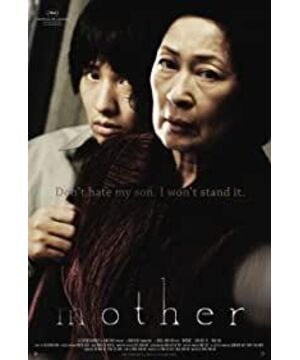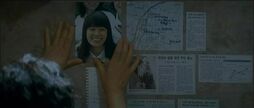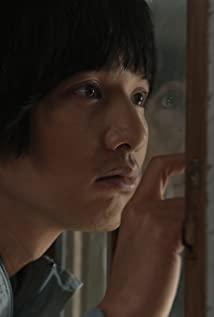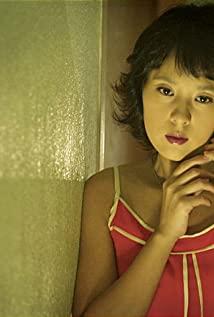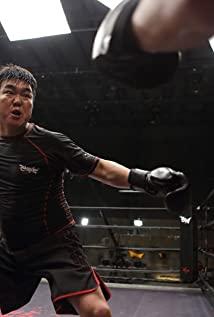"Mother" also has similar details of the interrogation, but the story did not circulate in the interrogation process-in any case, although this is also a "detective" film seeking the truth of the case, the focus is far from the truth of the case, or even you. From the beginning, you can probably guess who the real culprit in this case is. What is surprising is everything we observe and feel with our mother's eyes in the search process.
The mother played by South Korean actress Kim Hye-ja has the same characteristics as all great mothers-she never abandons the son with low IQ and memory disorder, 100% takes the son’s interests as her own responsibility, takes care of everything for the child, and does her best Protect the son, no matter what the price will be paid. It is shown in the story that after her son was put in prison as a murderer, she did not believe that her son’s confession was the truth. Let go of any clues and enlightenment, just to exonerate his son.
There are many details of this unconditional maternal love in the movie. The one that touched me the most was that my son (Yuan Bin) was arrested into the police station after making trouble with his friends on the golf course. My mother brought a basket of bottled drinks to show my son. She collapsed the basket, put a bottle on every table in the police station, and nodded and smirked at the same time. The mother's humble attitude makes people feel sad: there is nothing in this world that a mother is unwilling to sacrifice for her child!
While expressing maternal love, the mother’s solo investigation process also showed the living conditions of the diverse groups of people at the bottom of Korean society: the old man picking up rubbish, the lonely mad woman, the bullied high school girl, being abandoned and harming the innate stupidity that even the mother does not have. Son; they are contrasted by happy lawyers, drunken elites, murderous student bullies, and gangster friends whose sons admire imitating. The mother is lonely because no one is on her side. But the mother's posture is different from that of the disadvantaged group as her background: she fights, and uses a decisive courage to dedicate everything to her son without reservation.
But is maternal love the end? Feng Junhao showed us the thrilling side of maternal love: the memories of our five-year-old son, the burnt ruins on the golden wasteland. The energy released by the mother in the name of love is huge, especially when the love is forced to the end of despair. Love can destroy everything while creating. The surrealist video master Luis Bunuel once said: "Man is never free, but he keeps striving to be what he can never be. This is tragedy." The tragedy of "Mother" is not limited to a person's inability to be self forever. The despair that is realized, in this process, in order to achieve the goal without knowing it becomes a part of the opposite of the opposition, from being insulted and damaged to the insult and the insult, and the emotional collapse and position imbalance caused by this.
But what is the personal tragedy compared to the tragedy of the system? The deceased who lacked family care, the female student whose face was carved with a knife, the taciturn old man picking up trash, and the last fool who was locked up. They are the real victims. These disadvantaged groups who have been forgotten and abandoned by society have nothing to rely on except silence and tolerance. The mother's sad dance in the wilderness, or the oblivious celebration on the bus, are so similar to Fellini's last carnival in "Night of Kabylia"! In addition to forgetting, in addition to sinking, in addition to self-defeating and abandoning themselves, what choice do mothers have?
What choice do we have?
So let everything come to an end. In the name of love, we promote this harmonious and self-contained civilized society, and promote all mothers and their sacrifice and destruction. Let the dance continue, the carnival continues, because tomorrow is a new day.
View more about Mother reviews


